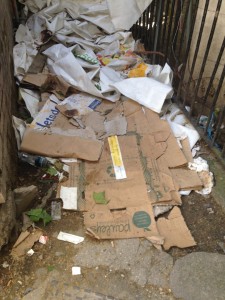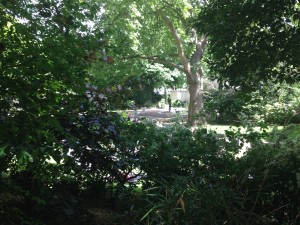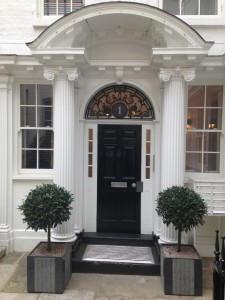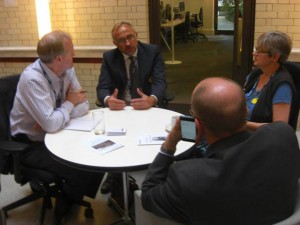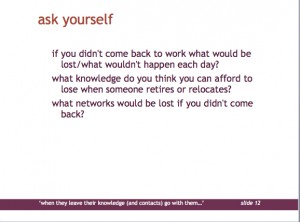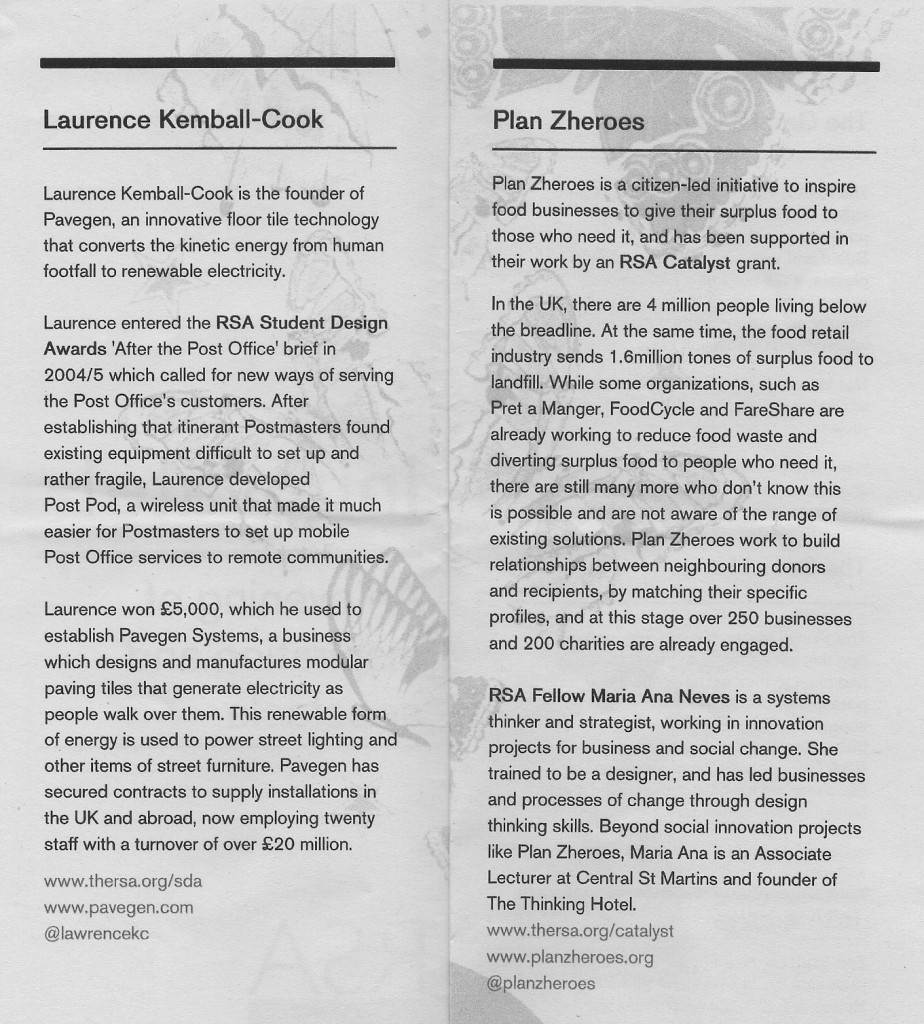 I was never a great fan of cities that had buildings, walls and even trains covered in grafitti.
I was never a great fan of cities that had buildings, walls and even trains covered in grafitti.
That was before we acquired a place in Lisbon and saw the dramatic impact Urban or Street Art can have on a community: how it can transform run down and delinquent areas; create a sense of community spirit; and turn it into the #1 city break destination.
What does this have to do with Knowledge Management? Here’s what:
An offer too good to refuse?
A year ago my wife Ana and I were having coffee with our local MP Stephen Lloyd and a prominent local businessman, Keith Ridley. During a wide ranging conversation, triggered by a new business venture (Bees Homes) we’d established 6 months previously, Stephen and Keith asked us to generate a few ideas that might build on the regeneration and investment (circa £400m) taking place in Eastbourne.
As people who’ve been lucky enough to visit many places where Urban Art is a feature we suggested that might be one way of improviing footfall to the town while creating the bohemian cafe type culture typical of mediterranean seaside communities and increasigly seen around the UK. 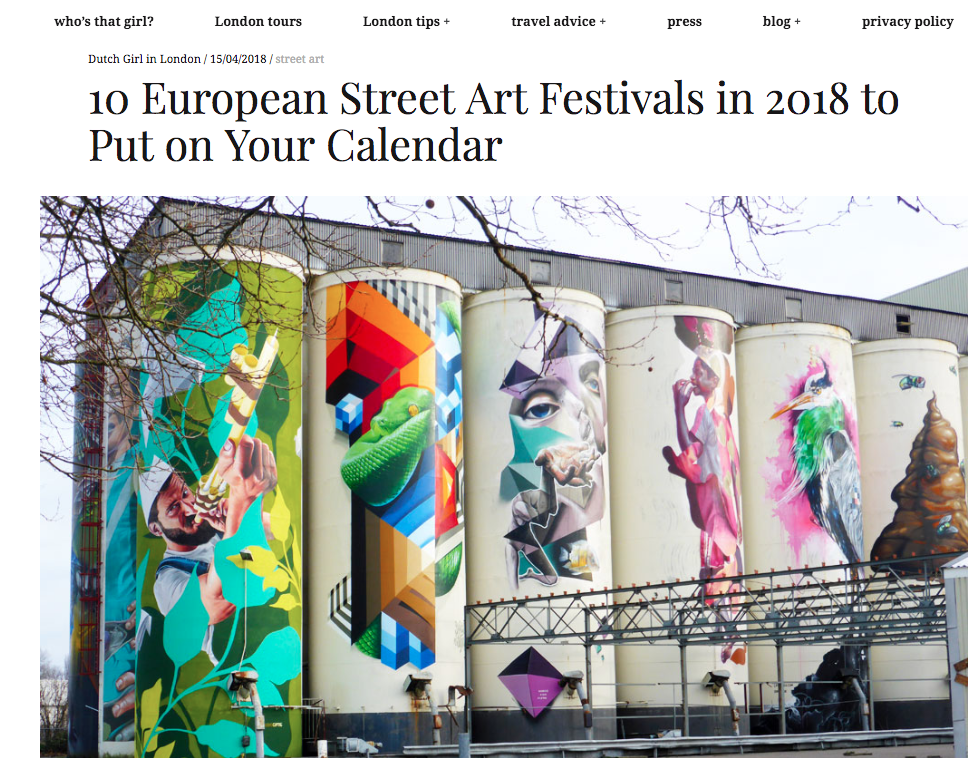 In January we spoke at length to the Municipality of Lisboa to learn from their experience and in October I had breakfast with the head of the art programme in Stockholm. Both gave similar advice: engage with the community first.
In January we spoke at length to the Municipality of Lisboa to learn from their experience and in October I had breakfast with the head of the art programme in Stockholm. Both gave similar advice: engage with the community first.
In truth this was an approach we’d been adopting (ours was ‘top down, bottom up’) as we’d recognised that sustainability can only occur if the initiative is “In the community, of the community and for the community”.
We continued to gather support from key stakeholders with the aim of holding an open engagement session before the year was out. That sesson took place on December 6th, here’s what happened.
Engaging with the community:
I wanted an event that brouight together everyone who might be interersted for a couple of hours of semi formal collaboration. Having spoken to David Gurteen, I adapted the Knowledge Cafe format I’d used some 6 years previously in Lewes when I was gauging interest in setting up a charity to make use of surplus food.
We (Bees Homes) were keen to be seen as catalysts / facilitators but not the driver so we asked Keith if he would share the running of the event with me. And we worked closely with the local community hub The Devonshire Collective who are supported by the local and Borough Councils. They agreed to host the event and arrange for the publicity.
This is the agenda we all agreed.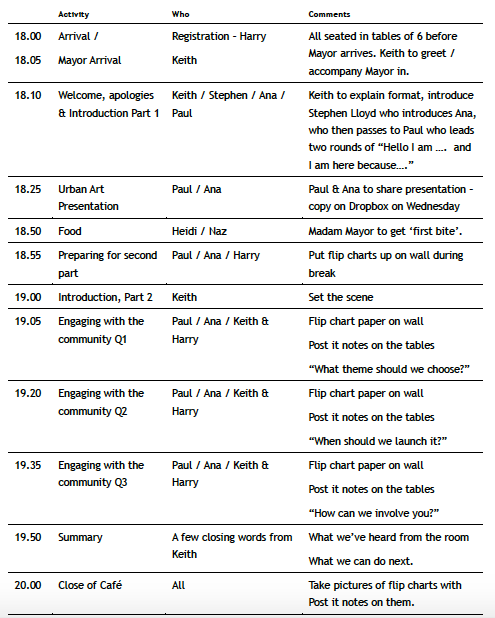 It’s worth noting 50+, including Stephen Lloyd who that very day had resigned the Lib Dem Whip over the Brexit vote, turned up on a horrible evening.
It’s worth noting 50+, including Stephen Lloyd who that very day had resigned the Lib Dem Whip over the Brexit vote, turned up on a horrible evening.
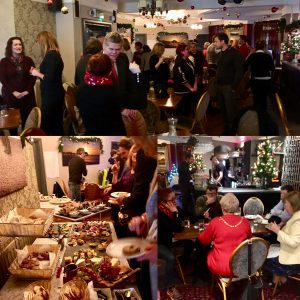 I especially enjoyed the Ice Breaker session: to see a group of total strangers including many of the town’s dignitaries embrace the opportunity to share thoughts with strangers was rewarding and set the tone for the evening.
I especially enjoyed the Ice Breaker session: to see a group of total strangers including many of the town’s dignitaries embrace the opportunity to share thoughts with strangers was rewarding and set the tone for the evening.
Everything went to time, people responded well to our presentation, the (free) food provided by Heidi of The Crown & Anchor & ‘Naz’of Simply Pattiserie helped to lubricate the discussions and there was an audible buzz by the time Madam Mayor got up to do the farewells.
Outcomes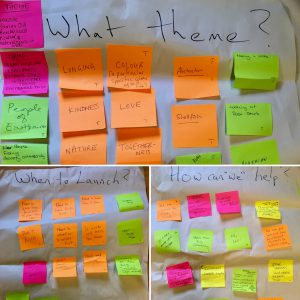
We asked people to work in tables of 6 arranged cocktail style and write post it notes. Keith summarised at the end of each question.
A snapshot of the responses is alongside.
Our next step is to set up a social media presence and draw on the offers of support to get the first 5 works commissioned.
And finally
What did I (re) learn from this event:
- People like a structured approach behind apparant informality
- Be clear on what you are expecting people to do and on the expected outcomes
- Brief early those who are working alongside you – get their input
- People like the opportunity to talk to others early at an event
- Food (and wine) help lubricate tongues
- It’s important to summarise as you go
- Inject humour when you feel its needed
- Make sure you acknowledge the contribution of everyone
- Find a venue that has enough space to move around – we shifted venue due to numbers
- Get to a new venue early and check out the equipment. When I arrived to check it out I discovered the projectors and TV screens were not compatible with Macbook Pros. In the end we had to find a couple of PC’s and download our presentation from DropBox

